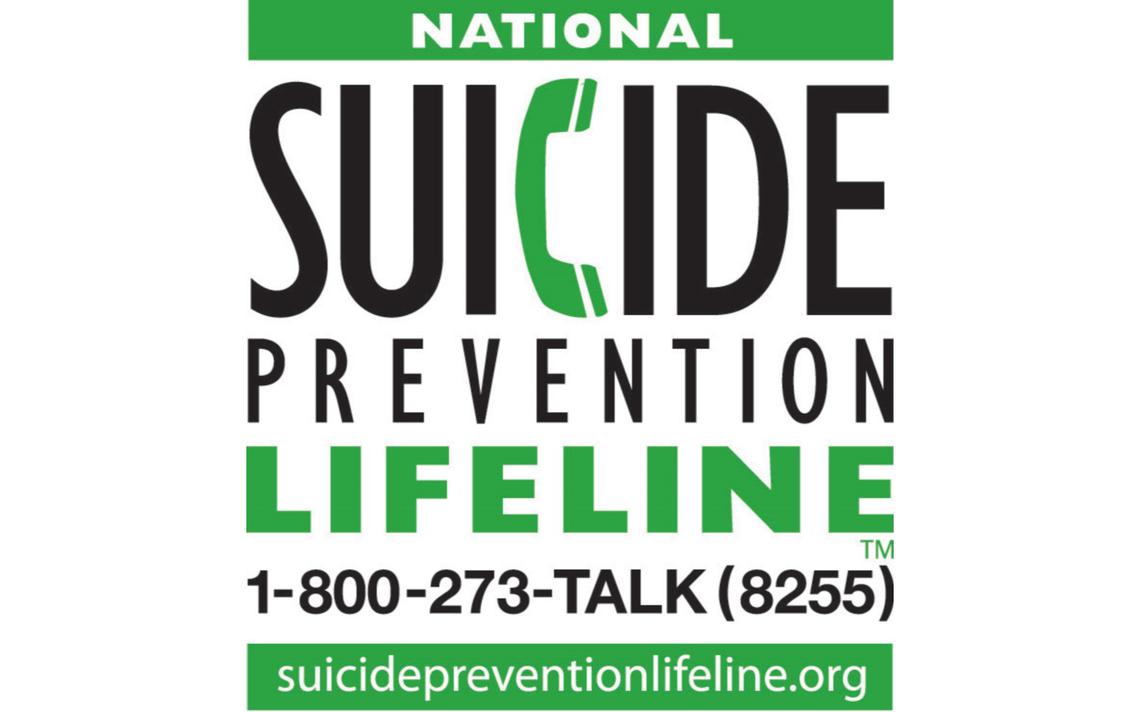I am a strong woman, a self-proclaimed wise old woman of 59 years, a helping professional with my own history of mental illness, and hailing from a family where untreated mental illness was devastating. I dance under the stars on winter nights now, and I pluck my way through life. I am a bit too mouthy and a bit too passionate about my causes, but I have my reasons! I have suffered from mental health stigma and I let my own stigma affect my family. I owe and I fight a battle that needs to be fought, so that others do not suffer as I did and so that they do not make the mistakes I made.
My observations about stigma, 40 years ago, are still valid today. I only sought help for myself after broken relationships, failed friendships, and emotional pain became unbearable. I didn’t understand then why no one sent me flowers or cards while in I was in the hospital. I didn’t understand why no one brought a casseroles to the house. Before treatment, I was popular in my educational and faith community, even though I was a single parent. Then, when I sought help, good people seemed confused about me. I didn’t know the word “stigma” then.
I went underground with my illness, and moved out of my community. I spiraled out of control and ended up in treatment and then therapy for years, worked hard to build positive social support, and attended and still attend support groups regularly. One of the ways that social stigma affected me was through my own embarrassment about my illness. I failed to educate my own children to preventative measures and warning signs to mental illness, the way I educated them to my faith, my values, safe sex, and educational success. I talked about myself as “crazy” and “nuts” and didn’t talk much about my therapy or recovery. My own stigma harmed a son who was diagnosed with schizophrenia and drug addiction. He committed suicide at age 25. Sometime after his death, my mother was diagnosed with bipolar disorder, untreated until then. I was able to repair that relationship, share with her, and be at her side as she died. We talked about her father’s mental illness and suicide. I know the tears and healing that can happen when we rid ourselves of socially harmful stigma.
I am a strong Psychologist now and I strive, every day, to build a kinder and gentler world related to supporting people in their struggles with mental illness. It might be uncomfortable for many to hear a professional with this sort of a background. But, if a medical doctor had a broken leg and recovered, or cancer in remission, or controlled high blood pressure, would you see that person as weak or having boundary issues? Or would you see that Dr. as a professional who believed in treatment and recovery?
I work to help people recover because I know it is possible. I believe in what I do and I see recovery and life blossom when stigma is addressed and treatment is pursued. My work doesn’t just mean treating the mentally ill, but educating family and communities to how they affect my ability to treat mental illness and the client’s ability to heal. A study put out by NIH says that 59% of Americans feel that we are supportive of people with mental illness, but only 25% of mental health clients felt supported. This same agency tells me that 1 in 4 Americans will struggle with mental illness in the next year. People you know will fail to seek treatment for fear of being labeled or losing jobs. People in your family will keep therapy a secret or hide medication because of the way you casually use the word ‘crazy’ or ‘psycho’. People you know will suffer in isolation and silence, when social support would help them heal just as it helps those with physical illness.
What can you do? Talk about mental illness, respectfully, to others. Watch how you use derogatory terms like “crazy” and “psycho” when you describe someone you don’t like. It is okay to say you don’t like someone without stigmatizing mental illness. When you hear a friend or a colleague talking about someone’s ‘weird’ behavior, educate them to the seriousness of supporting others and accepting emotional differences, just as we accept other differences. When a friend discloses symptoms of mental illness, LISTEN and help them understand that you care and that help is available. Help your friend understand that if they disclosed physical symptoms, like a lump in the breast or chest pain, you would give the same advice. Help them understand that stigma should not prevent them from seeking help. Take your friend to get help, just as you would if your friend had chest pains. And if they are diagnosed with mental illness, take a casserole to the house and offer to help, just like you would for a dear friend with cancer. Help them decide who and when to tell, just like you would for a friend with heart disease. Send flowers when they get home from the hospital and get well cards. Watch your own life for symptoms of mental health problems and go get a check-up and treatment, just like you would for a cough or a sinus infection. Participate in community and local activities to fight mental health stigma and to support those with mental illness, just as you do for cancer. Remember that suicide kills more of our young people than cancer.
We are in the midst of an epidemic that concerns us all. Make a commitment to fight mental health stigma.
Carla Edwards, MBA, PhD
@todayswisewoman


Right on!
http://jwolffblog.wordpress.com
Thank you for sharing this, it is brave and wonderful that you try to fight stigma by being honest!